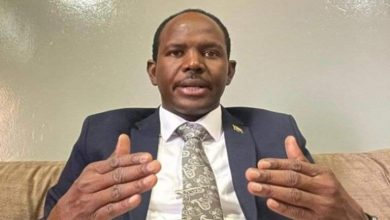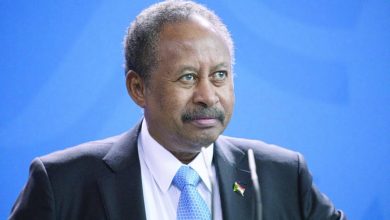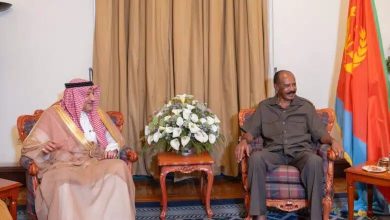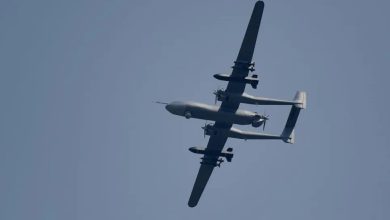A high-level Russian delegation is coming to Damascus to discuss future relations arrangements

A well-informed Russian source told Asharq Al-Awsat that a high-ranking Russian delegation will soon arrive in Damascus to initiate a comprehensive dialogue covering all issues on the two sides’ agenda.
The delegation, headed by Mikhail Bogdanov, Deputy Foreign Minister and President Putin’s Special Envoy to the Middle East and North Africa, includes representatives from the Ministries of Foreign Affairs and Defense, as well as officials from the government’s economic sector and several other institutions and sectors.
Preparations have been made for meetings with Syrian Deputy Prime Minister Ahmad al-Shara, Foreign Minister Assad al-Shibani, and other officials in the new Syrian administration.
This will be the first official talks Moscow will have with the new Syrian leadership, following communication between the two sides that had previously been limited to military and closed diplomatic channels.
The source mentioned that both sides have finalized arrangements for the visit and added that the upcoming discussions will be comprehensive, focusing on “laying the foundations for future relations between the two countries.” The source also noted Russia’s interest in establishing a path to define subsequent steps in both sides’ efforts to develop their relations and cooperation. During the visit preparations, an agreement was reached to launch this broad dialogue covering all issues of interest to Moscow and Damascus.
Both Russia and Syria have exchanged positive messages regarding their future relationship. Syrian Deputy Prime Minister Ahmad al-Shara emphasized the importance of cooperation with Russia, stating that “Russia is the second most powerful country in the world, and it holds great importance,” pointing out that Damascus has “strategic interests with Moscow.”
Al-Shara explained: “We have long-term strategic relations with Russia, and we do not want them to end in a way unworthy of their long-standing relationship with Syria,” referring to the possibility of Russian bases temporarily remaining in Hmeimim and Tartus, despite Moscow’s recent withdrawal of some equipment and assets.
Al-Shara noted that the new administration “focuses first on the interests of the Syrian people and does not want to stir up problems or conflicts with foreign countries.” He also mentioned that Moscow had not received any official requests from the new authorities in Syria to review agreements related to the presence of Russian military bases in Tartus and Hmeimim.
For his part, Russian Foreign Minister Sergey Lavrov praised the positive messages from the new Syrian leadership, stating that Moscow has taken note of these statements and “agrees with them.”
Lavrov added that Russia “has not withdrawn its diplomats from Damascus, and the embassy there operates normally, like all other embassies. We continue to communicate with the current Syrian authorities.” He continued: “We are discussing practical issues such as securing Russian citizens and the operation of the embassy. In general, we are interested in dialogue on all other matters concerning bilateral relations.”
He confirmed that “Syria is a friendly country to Russia, (..) we contributed to freeing it from colonial dependence and training tens of thousands of Syrian cadres. Now, we have 5,000 Syrians studying, and we will continue this path, ready to resume cooperation with the new leadership once the power structure is established.”
The Russian official expressed his country’s readiness to assist Syria in its transitional process within the framework of the United Nations Security Council, as well as in promoting national dialogue and working alongside Arab countries.



